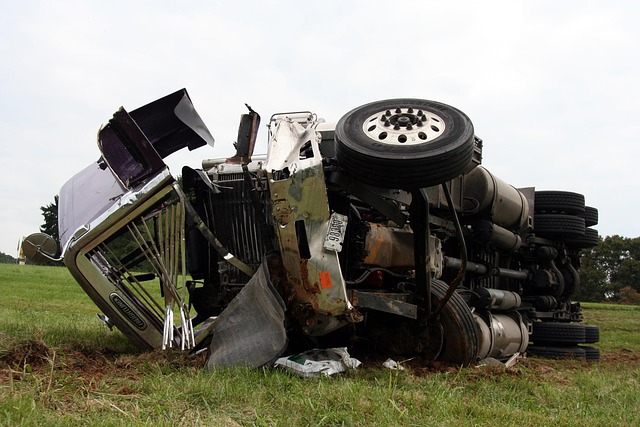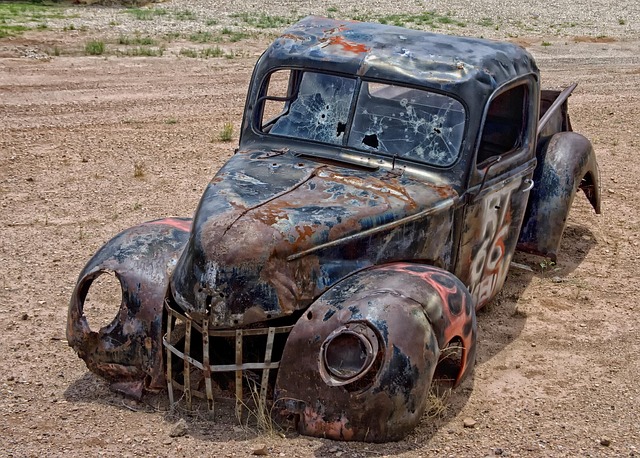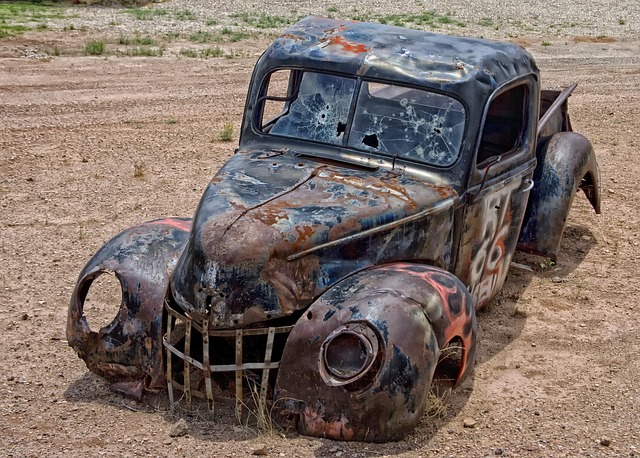For new trucking ventures, securing best coverage is vital for risk mitigation and legal compliance. This includes both general liability insurance for personal injury/property damage claims and commercial auto insurance tailored to long-haul risks. Assessing potential hazards, adhering to state regulations, and consulting experts are key steps in selecting optimal policies to protect business, drivers, and cargo. The right coverage balances adequate protection with cost-effectiveness, tailored to unique operations like vehicle type, driver experience, and freight nature.
Navigating liability insurance is a vital step for any trucking business aiming to safeguard its operations and drivers. This comprehensive guide delves into the essentials of protecting your fleet in the dynamic world of trucking. We explore key types of coverage tailored for new metro businesses, offering insights on how to choose the best options for your unique needs. Understanding these intricacies is crucial for mitigating risks and ensuring a robust safety net for both your business and drivers.
Understanding Liability Insurance for Trucking Businesses

For new trucking businesses, understanding liability insurance is a cornerstone of risk management and compliance. This type of insurance protects against financial loss in the event that your business or drivers are held responsible for damages or injuries related to their operations. The best coverage for new trucking companies should encompass both general liability insurance, which covers accidents on public roads, and commercial auto insurance, specifically tailored to the unique risks of trucking.
General liability insurance offers protection against claims of bodily injury or property damage caused by your business activities, including accidents involving trucks during loading, unloading, or transit. Commercial auto insurance, on the other hand, provides comprehensive coverage for your vehicles, drivers, and cargo, addressing specific concerns like collision, comprehensive, and liability risks unique to long-haul trucking operations. Choosing the right policy involves evaluating potential risks, understanding state regulations, and consulting with insurance professionals to secure the best coverage for your new trucking business’s needs.
Key Types of Coverage for New Metros and Drivers

New trucking businesses, especially those with ambitious growth plans, need to prioritize their protection with the best coverage options available. Key types of liability insurance are designed to safeguard both the business and its drivers from potential risks on the road. One of the most comprehensive choices is commercial auto insurance, which includes liability coverage for accidents involving property damage or personal injury. This ensures that your business is financially secured against claims.
Additionally, employing driver’s liability insurance is crucial as it protects individual drivers in case they face legal repercussions due to a trucking incident. This type of insurance bridges the gap between personal and commercial policies, offering peace of mind for new metro owners who want to ensure their investment and their drivers’ well-being are both secured with optimal coverage.
How to Determine Best Coverage Options for Your Fleet

When it comes to selecting the best coverage options for your fleet, especially as a new trucking business, several key factors come into play. Firstly, assess the size and type of your trucking operation – the number of vehicles, their use (local vs long-haul), and specific cargo being transported. Each will have unique risk profiles that influence coverage needs. For instance, a local delivery fleet may require more liability protection against property damage or personal injuries in urban settings, while long-haul trucks could demand comprehensive coverage for unforeseen events during extended journeys.
Secondly, understand the legal landscape surrounding trucking insurance in your region. Different areas have distinct regulations and requirements for minimum liability coverage. Stay informed about these to ensure compliance and avoid potential penalties. Additionally, consider specific risks like cargo theft or environmental damage, which may warrant additional endorsements or policies. By carefully evaluating these factors, new trucking businesses can tailor their coverage options to offer optimal protection at competitive rates.
Protecting Your Business: Essential Tips for Policy Selection

When setting up a new trucking business, securing the right liability insurance is non-negotiable. This protective measure is your first line of defense against financial ruin in the event of an accident or legal claim. A comprehensive policy should offer the best coverage for your unique operations, considering factors like vehicle type, driver experience, and the nature of your freight.
During policy selection, focus on finding a balance between adequate protection and cost-effectiveness. Evaluate different coverage options, such as general liability insurance, to safeguard against claims of property damage or personal injury. Additionally, consider specific trucking policies that cover accidents involving cargo loss or damage. Remember, the best coverage for new trucking businesses is tailored to their specific needs, ensuring every aspect of their operations is adequately insured.
Selecting the right liability insurance is paramount for new trucking businesses aiming to protect their operations and drivers. By understanding various coverage types, evaluating fleet-specific needs, and adopting essential policy selection tips, operators can navigate this complex landscape effectively. Choosing the best coverage options ensures peace of mind, safeguards assets, and fosters a safe working environment, ultimately contributing to the success and longevity of any trucking enterprise.
